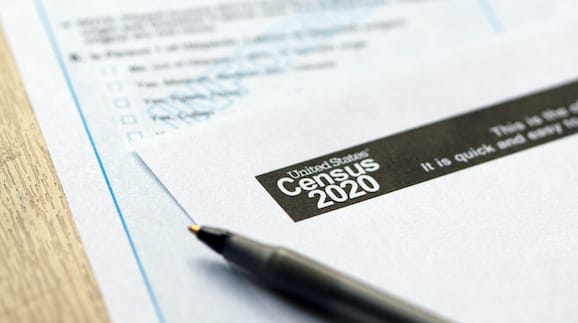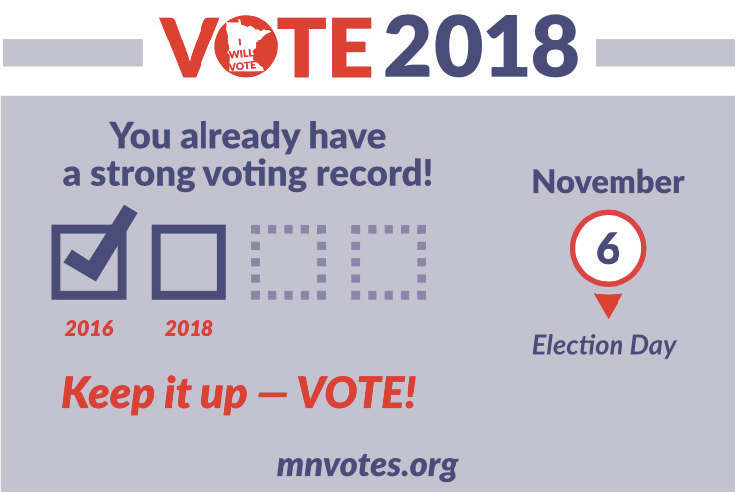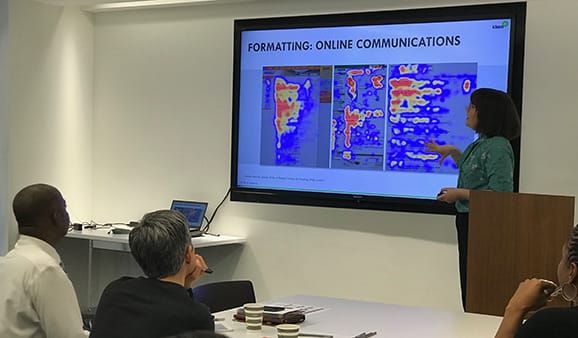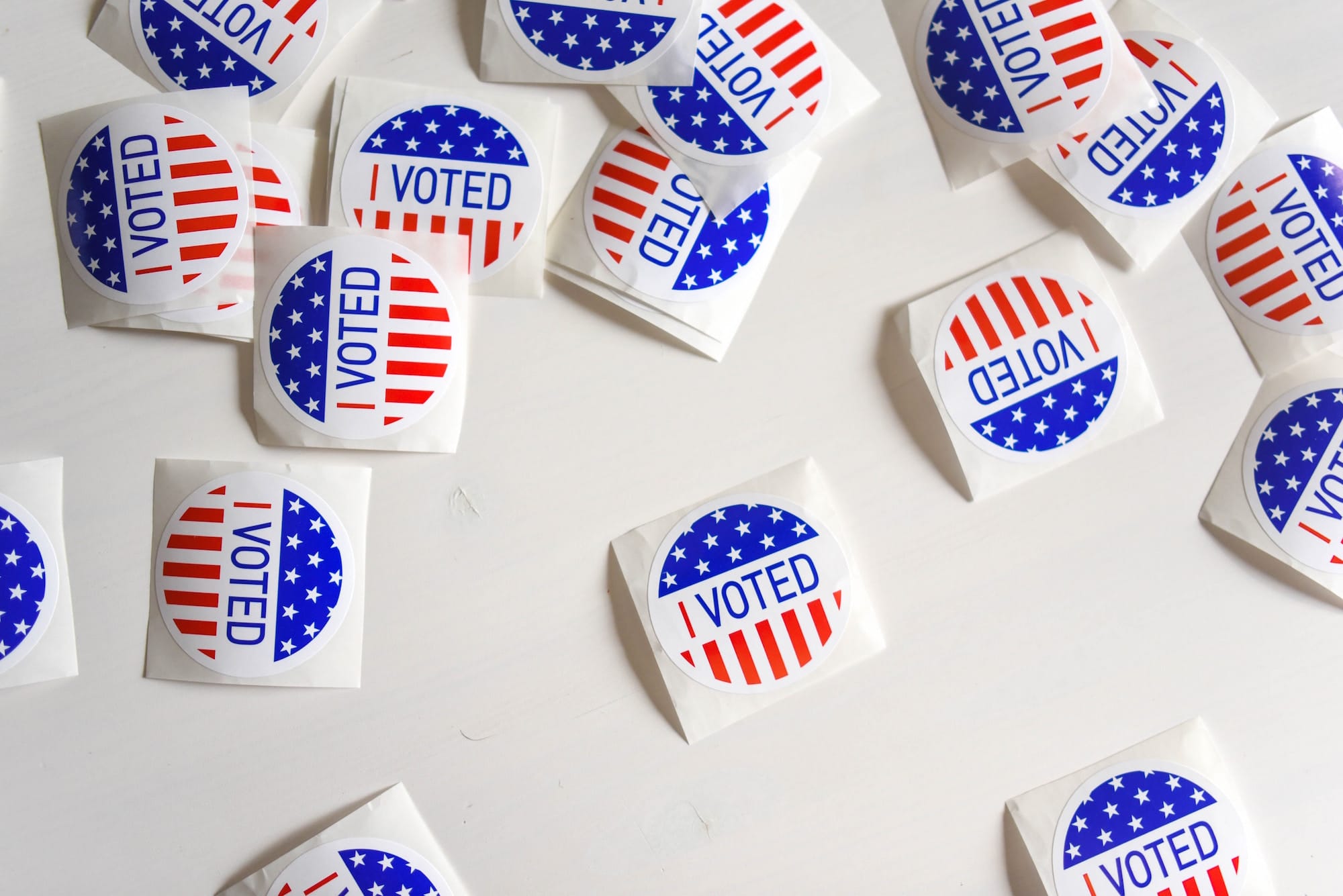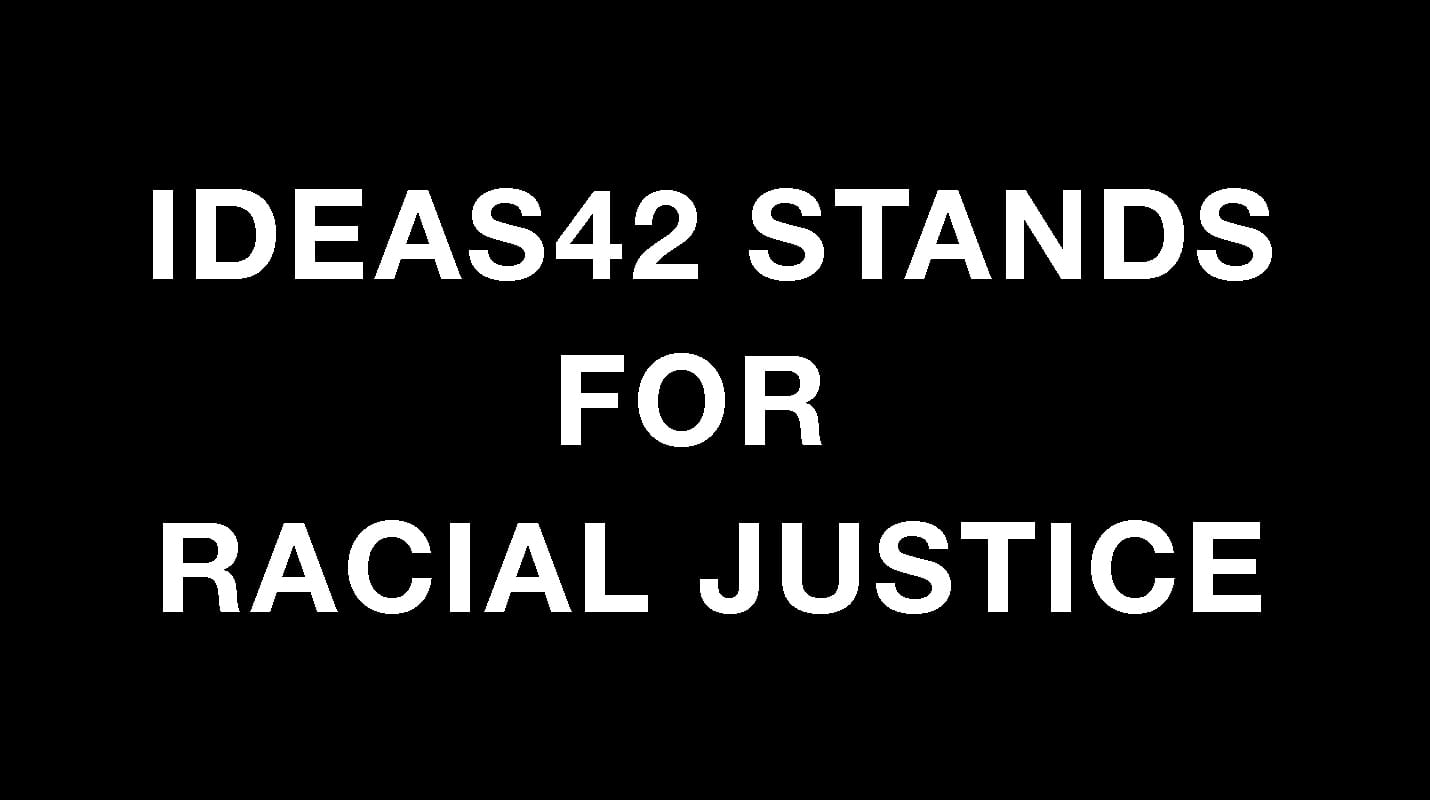
ideas42 Stands for Racial Justice
by ideas42
We are disgusted by the murders of George Floyd, Breonna Taylor, and Ahmaud Arbery. We are angry about the ongoing racism faced by Black people. This anger is not new in the US, as Black Americans have faced a long history of racist violence driven not by a few bad actors, but by systemic racism […]

